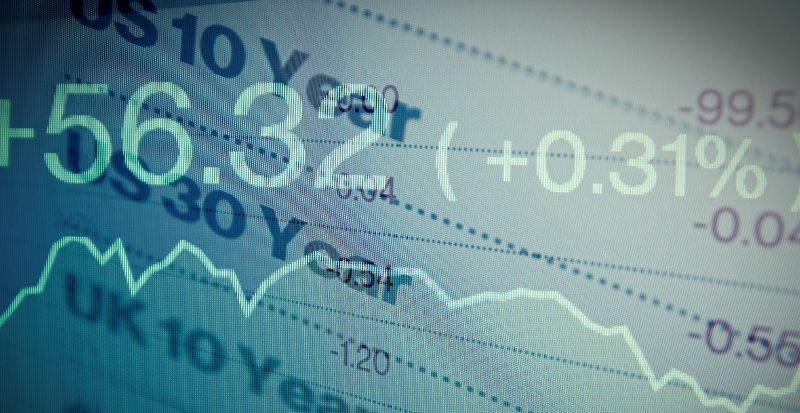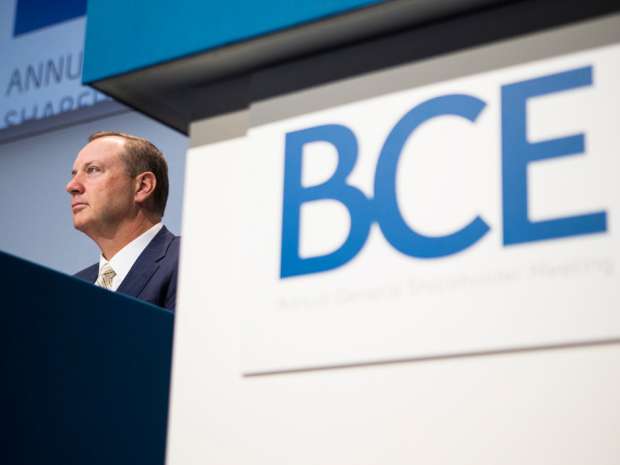by Jared Dillian, The 10th Man
The bond market is weird, but it’s full of clues. We have 8.6% inflation, but the highest interest rates have gone recently is about 3.4%, meaning real rates were still negative to the tune of 5%. This is confusing to me and a lot of other people.
If you look back at history, there were long periods with negative real interest rates and long periods with positive real interest rates. You might also notice that the periods with positive real interest rates were the good times and the periods with negative real interest rates were the bad times. We are currently in the bad times. We didn’t realize how good we had it.
Why are real interest rates still negative? Well, I have a couple of theories. One is that the bond market knows this inflation is mostly transitory and will quickly revert to the mean of around 3%–4%. The whole transitory thing is a running joke now—the Fed said inflation was transitory, and then it went up its nose, and it had to stop itself out of that view… but it really might be transitory.
Think about it: All the factors that led to this inflation—quantitative easing, money printing, fiscal spending, and pandemic hoarding—are all gone. As much as liquidity expanded in 2020–21, it is now running in reverse. The Fed is actually doing quantitative tightening, where it sucks money out of the money supply. We had the biggest expansion of liquidity and credit since WWII followed by what is now the biggest contraction. Small wonder the stock market isn’t down more.
In fact, if you created a one-factor model that attempted to predict the direction of the stock market using only liquidity as an input, it would be a pretty robust model. Never mind all the sentiment stuff about meme stocks and crypto—it’s all a function of liquidity.
The recent history is that bond yields gapped higher after the 8.6% CPI print a few weeks ago and are now edging lower. We saw the 6.28% print on 30-year fixed mortgage rates and panicked, but things are returning to normal. I expect yields to drop further in the near future. Whatever happens, though, my sense is that most investors are not paying enough attention to the bond market right now—we’re going to talk about this more in the coming weeks.
Recession Bets
I’m not sure how much attention you pay to the rates market, but recession bets are getting quite popular.
In Eurodollars and swaps, where it is easy to bet on forward rates, the market is pricing in about three 25-basis-point rate cuts in 2023. All recessions are different. If we have a recession, it will be an odd sort of recession. First of all, nobody is losing their jobs; the labor market is quite strong. There are still two job openings for every applicant. I think this is a function of the lagged effects of the pandemic spending, and it will return to normal over time. But right now, we have leading indicators, like manufacturing PMIs collapsing, while the job market is still pretty strong.
Of course, the Fed, which is driven by politics, probably won’t respond to recessionary signals until the most lagging of lagging indicators, unemployment, starts to move higher. This is why we can expect a 50-basis point hike in July and another in September. Right now, inflation is still a bigger political priority, and the Fed is going to want to see substantial progress on inflation before it even thinks about cutting rates. Shorter: The Fed will overdo it, like it overdoes just about everything.
Before you get any ideas, it is too late to put on recession trades. The time to do that was two months ago. And you’d have to pay pretty close attention to the Eurodollar curve. It is also a bit too late to get short stocks here. The time to do that was in December. Arguably, now is the time to get long stocks. Remember, the stock market follows liquidity, and if rate hikes are peaking or in the process of peaking, buying stocks is a much better risk-reward.
My Qualifications
I have been following short-term rates since 2001, when I started trading index arbitrage. Index arbitrage is the process of scalping small differences between stock index futures and the underlying basket, but it is also a monster short-term rates trade. It is also an umbrella for all manner of prop trading. I started following the Fed early in my career, and I can tell you that most of the money we made was from taking large directional bets on interest rates. I’m not as good as I used to be, but I’m still pretty good.
My prediction is that in a year we won’t really be talking about inflation—we’ll be talking about something else. Recession, maybe, but perhaps also deflation—I wouldn’t be surprised. We reached peak panic about inflation a few weeks ago. I expect the next CPI print on July 13 to be lower—much lower. Don’t sell your stocks before then.
Jared Dillian















